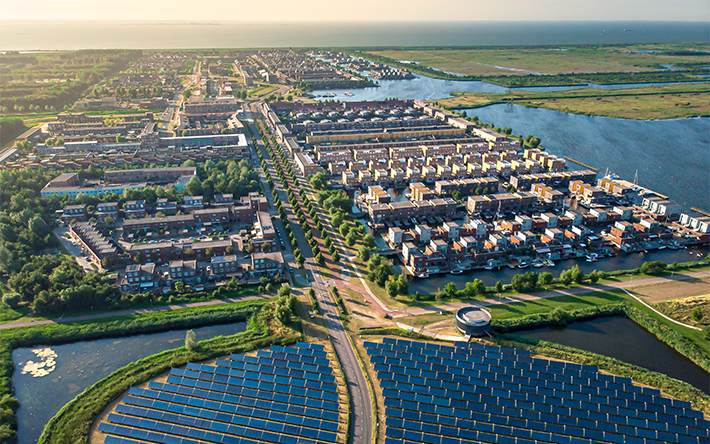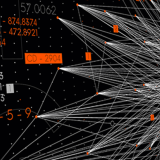
Anticipación y gestión del impacto del cambio
Anticipar y gestionar el impacto del cambio es una de las seis actividades principales en el programa de trabajo de Eurofound para el periodo 2021-2024. Eurofound proporcionará pruebas sobre evoluciones estructurales que afecten a la economía y los mercados laborales de la UE, impulsadas en gran medida por la digitalización y la transición hacia una economía neutra en emisiones de carbono , pero también por la crisis de la COVID-19. Esta investigación pretende ayudar a los responsables políticos a anticipar y preparar los mercados laborales europeos, así como los puestos de trabajo para estos cambios.
De 2021 en adelante, Eurofound permitirá entender el impacto de estas megatendencias en las condiciones de vida y de trabajo en la UE. En el área de digitalización, la investigación se centrará en el impacto en las condiciones de empleo y de trabajo, así como en el mercado laboral. Entre las áreas que se tratarán, se incluyen el diálogo social y su función en la transformación estructural, marcos reglamentarios, protección social e Inteligencia Artificial (IA). Basándose en investigaciones previas sobre el trabajo a través de plataformas, el periodo 2021-2024 permitirá centrarse en planificar y presentar una evaluación de la efectividad de las iniciativas políticas para hacer frente a los desafíos identificados con el trabajo a través de plataformas.
Eurofound también tratará de apoyar la transición de la UE hacia una economía neutra en emisiones de carbono, incluida la economía circular y la implementación del instrumento de recuperación de la UE, NextGenerationEU, mediante la investigación de los efectos socioeconómicos. Aquí se incluyen las transferencias de empleo y la transformación de trabajos y condiciones laborales, así como el impacto distributivo de las políticas en materia de cambio climático. Parte de este trabajo se basará en los resultados de un proyecto piloto sobre el futuro de la fabricación (FOME) realizado por Eurofound.
Para continuar con este trabajo en 2021-2024, Eurofound cooperará con varias organizaciones internacionales y agencias de la UE, por ejemplo, con la Agencia Europea de Medio Ambiente (AEMA) en el área de impactos sociales de las políticas en materia de cambio climático. Asimismo, se consolidarán colaboraciones existentes con otros protagonistas de la investigación en el ámbito de la digitalización: el Centro Común de Investigación (CCI), la Agencia de los Derechos Fundamentales (FRA) y la Agencia Europea para la Seguridad y la Salud en el Trabajo (EU-OSHA). También se prevé una nueva asociación con la Organización Internacional del Trabajo (OIT) sobre los cambios en el mundo laboral.


























